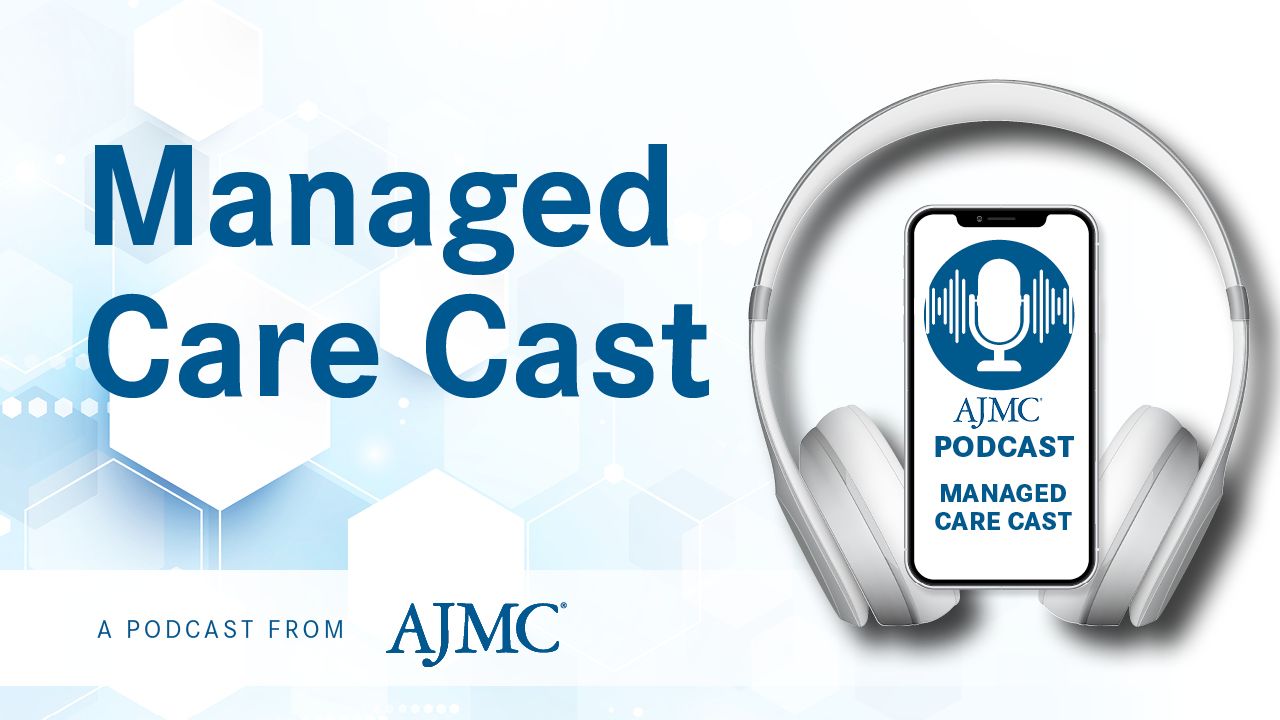News
Article
What We’re Reading: Reimbursement Rate Disparities; Recipient of Pig Kidney Dies; Mail Order Abortion Pills Safe, Effective
Author(s):
A new study highlights significant disparity in reimbursement rates across states between hospitals and Medicare; the first patient to receive a genetically modified pig kidney has died; research examines outcomes of over 500 patients receiving medication abortion pills by mail.
Gap Widens Between Private Insurance, Medicare Payments
A new study by the RAND Corporation indicates a growing discrepancy between what private insurers pay hospitals vs what they pay Medicare for the same services, according to Fierce Healthcare. In 2022, the average payment from employers and private insurers reached 254% of Medicare rates, showcasing a substantial increase from 2020. Regional variations were notable, with some states exceeding 300% while others fell below 200% of Medicare rates. Despite efforts toward price transparency, challenges remain in aligning hospital prices with the value of care provided, underscoring the need for informed purchasing decisions by employers and policymakers.
First Recipient of Genetically Modified Pig Kidney Dies
Richard Slayman, the first living person to undergo a genetically modified pig kidney transplant, has passed away at age 62 years, nearly 2 months after the pioneering procedure at Massachusetts General Hospital, according to NBC News. Although the hospital expressed condolences to his family, it also stated there were no indications that his death was related to the transplant. Slayman's family, grateful for the additional time the transplant provided, emphasized his role in offering hope to thousands awaiting transplants. Xenotransplantation, the use of animal organs in human patients, remains a promising avenue for addressing the critical shortage of organ donors.
Study Shows Safety, Effectiveness of Mail Order Medication Abortion Pills
A recent study analyzed the experiences of more than 500 individuals who underwent medication abortions between January 2020 and May 2022, according to The Hill. The cohort study, conducted across clinics in 7 states, found that mail order dispensing of mifepristone and misoprostol resulted in successful abortion for most participants, with low rates of serious adverse events. The findings support the FDA's decision to remove the requirement for in-person dispensing of mifepristone, potentially expanding access to medication abortion services, particularly for primary care providers.





